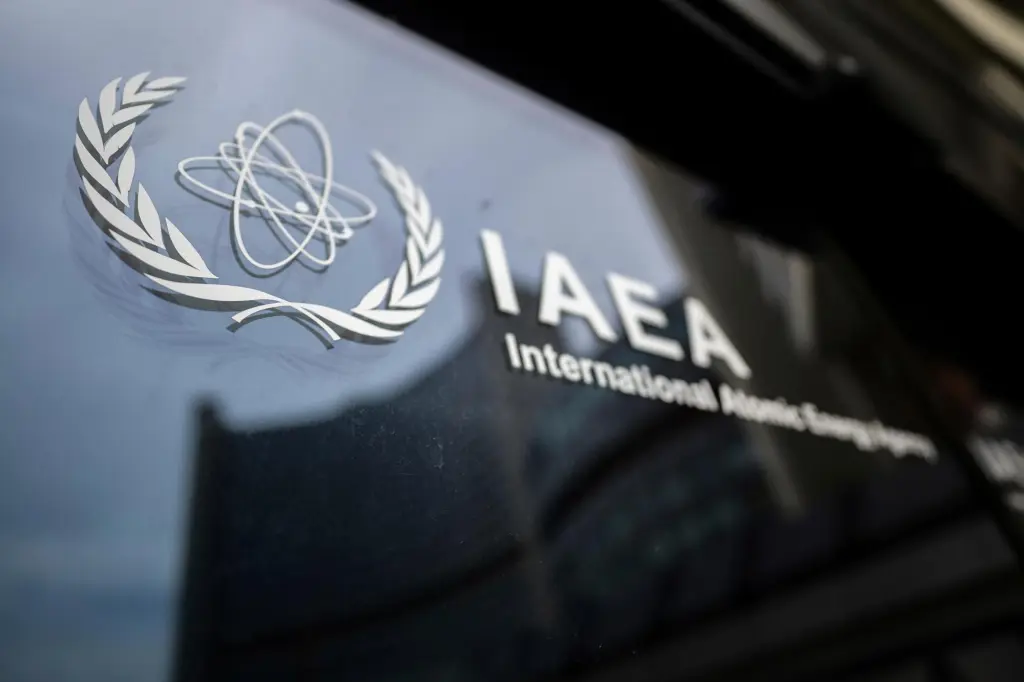Copyright St. Paul Pioneer Press

To place an obituary, please include the information from the obituary checklist below in an email to obits@pioneerpress.com. There is no option to place them through our website at this time. Feel free to contact our obituary desk at 651-228-5263 with any questions. General Information: Your full name, Address (City, State, Zip Code), Phone number, And an alternate phone number (if any) Obituary Specification: Name of Deceased, Obituary Text, A photo in a JPEG or PDF file is preferable, TIF and other files are accepted, we will contact you if there are any issues with the photo. Ad Run dates There is a discount for running more than one day, but this must be scheduled on the first run date to apply. If a photo is used, it must be used for both days for the discount to apply, contact us for more information. Policies: Verification of Death: In order to publish obituaries a name and phone number of funeral home/cremation society is required. We must contact the funeral home/cremation society handling the arrangements during their business hours to verify the death. If the body of the deceased has been donated to the University of Minnesota Anatomy Bequest Program, or a similar program, their phone number is required for verification. Please allow enough time to contact them especially during their limited weekend hours. A death certificate is also acceptable for this purpose but only one of these two options are necessary. Guestbook and Outside Websites: We are not allowed to reference other media sources with a guestbook or an obituary placed elsewhere when placing an obituary in print and online. We may place a website for a funeral home or a family email for contact instead; contact us with any questions regarding this matter. Obituary Process: Once your submission is completed, we will fax or email a proof for review prior to publication in the newspaper. This proof includes price and days the notice is scheduled to appear. Please review the proof carefully. We must be notified of errors or changes before the notice appears in the Pioneer Press based on each day’s deadlines. After publication, we will not be responsible for errors that may occur after final proofing. Online: Changes to an online obituary can be handled through the obituary desk. Call us with further questions. Payment Procedure: Pre-payment is required for all obituary notices prior to publication by the deadline specified below in our deadline schedule. Please call 651-228-5263 with your payment information after you have received the proof and approved its contents. Credit Card: Payment accepted by phone only due to PCI (Payment Card Industry) regulations EFT: Check by phone. Please provide your routing number and account number. Rates: The minimum charge is $162 for the first 12 lines. Every line after the first 12 is $12. If the ad is under 12 lines it will be charged the minimum rate of $162. Obituaries including more than 40 lines will receive a 7.5% discount per line. On a second run date, receive a 20% discount off both the first and second placement. Place three obituaries and the third placement will be free of charge. Each photo published is $125 per day. For example: 2 photos in the paper on 2 days would be 4 photo charges at $500. Deadlines: Please follow deadline times to ensure your obituary is published on the day requested. Hours Deadline (no exceptions) Ad Photos MEMORIAM (NON-OBITUARY) REQUEST Unlike an obituary, Memoriam submissions are remembrances of a loved one who has passed. The rates for a memoriam differ from obituaries. Please call or email us for more memoriam information Please call 651-228-5280 for more information. HOURS: Monday – Friday 8:00AM – 5:00PM (CLOSED WEEKENDS and HOLIDAYS) Please submit your memoriam ad to memoriams@pioneerpress.com or call 651-228-5280. By STEPHANIE LIECHTENSTEIN, Associated Press VIENNA (AP) — The International Atomic Energy Agency has not been able to verify the status of Iran’s near weapons-grade uranium stockpile since Israel and the United States struck the country’s nuclear sites during the 12-day war in June, according to a confidential report by the U.N. nuclear watchdog circulated to member states and seen Wednesday by The Associated Press. The agency warned that it “lost continuity of knowledge in relation to the previously declared inventories of nuclear material in Iran” at facilities affected by the war and stressed that this issue must be “urgently addressed.” The report stressed that the IAEA’s “lack of access to this nuclear material in Iran for five months means that its verification — according to standard safeguards practice — is long overdue.” According to the IAEA’s last report in September, Iran maintains a stockpile of 440.9 kilograms (972 pounds) of uranium enriched up to 60% purity — a short, technical step away from weapons-grade levels of 90%. That stockpile could allow Iran to build as many as 10 nuclear bombs, should it decide to weaponize its program, IAEA director general Rafael Grossi warned in a recent interview with the AP. He added that it doesn’t mean that Iran has such a weapon. Iran long has insisted its program is peaceful, but the IAEA and Western nations say Tehran had an organized nuclear weapons program up until 2003. IAEA seeks special report by Iran According to the safeguards agreement that Iran has with the U.N. nuclear watchdog, Iran is obliged to produce a “special report” detailing the location and status of its nuclear material, including its highly enriched uranium stockpile, following events such as attacks or earthquakes. The special report must also address the status of the facilities affected by the June war. The IAEA said Wednesday that “the provision of such a report is indispensable for the Agency to provide assurances that nuclear material subject to safeguards in Iran remains in peaceful nuclear activities and that the facilities subject to safeguards are not being misused.” The report said that Iran explained in a letter to the IAEA on Nov. 11 that “any cooperation with the Agency is conditional on the decision of the Supreme National Security Council (SNSC) of Iran.” The IAEA report on Wednesday also said that Iran has not granted IAEA inspectors access to sites affected by the war. Tehran did, however, allow the IAEA to inspect undamaged facilities after Grossi reached an agreement with Iranian Foreign Minister Abbas Araghchi in Cairo at the beginning of September. Those facilities include the Bushehr Nuclear Power Plant, the Tehran Research Reactor and three other nuclear facilities in Tehran. The report also said that IAEA inspectors are traveling to Iran on Wednesday to conduct inspections at the Isfahan Nuclear Technology Center site. The facility, some 350 kilometers (215 miles) southeast of Tehran, employs thousands of nuclear scientists. It is also home to three Chinese research reactors and laboratories associated with Iran’s atomic program. During the war, Israel struck buildings at the Isfahan site, among them a uranium conversion facility. The U.S. also struck Isfahan with missiles. Sanctions further isolate Tehran Iran suspended all cooperation with the IAEA after the war with Israel. IAEA chief Grossi then reached an agreement with Iranian Foreign Minister Abbas Araghchi in Cairo at the beginning of September to resume inspections. But later that same month, the U.N. reimposed crushing sanctions on Iran, drawing an angry response from Tehran and leading the country to halt implementation of the Cairo agreement. Iran is legally obliged to cooperate with the IAEA under the Treaty on the Non-Proliferation of Nuclear Weapons. European powers decided to reimpose the U.N. sanctions via the so-called snapback mechanism after Iran failed to enter into direct talks with the U.S., resume full cooperation with the IAEA and clarify the status of its near weapons-grade uranium stockpile. The sanctions freeze Iranian assets abroad, halt arms deals with Tehran, and penalize any development of Iran’s ballistic missile program, among other measures, further squeezing the country’s reeling economy and isolating Tehran after its atomic sites were repeatedly bombed during a 12-day war with Israel. The Associated Press receives support for nuclear security coverage from the Carnegie Corporation of New York and Outrider Foundation. The AP is solely responsible for all content. Additional AP coverage of the nuclear landscape: https://apnews.com/projects/the-new-nuclear-landscape/



